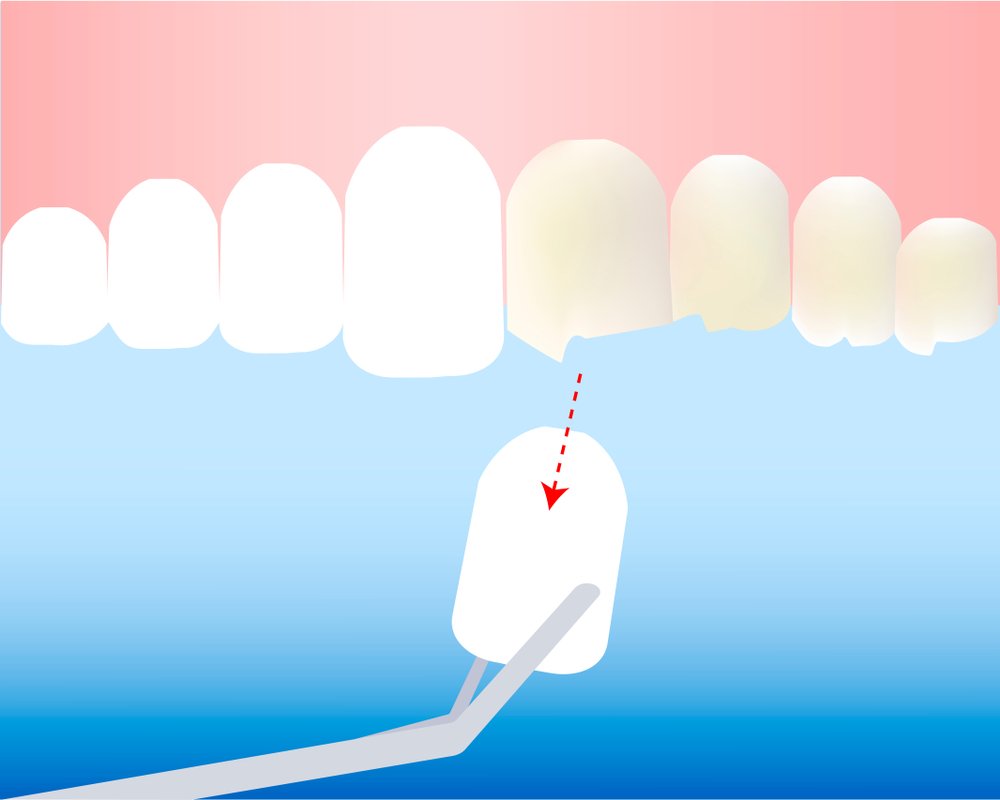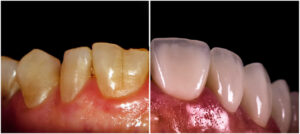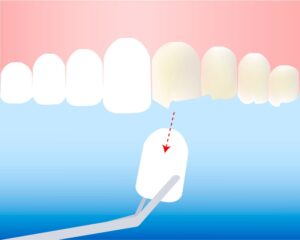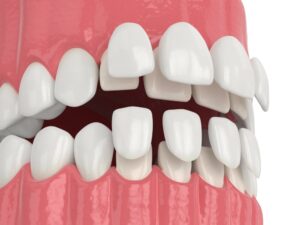The cost of veneers in Kentucky can vary depending on several factors, including the number of veneers needed, the type of material used, and the dentist’s experience and location. On average, the cost of a single veneer in Kentucky can range from $800 to $2,500 or more, with the cost for a full set of veneers ranging from $8,000 to $20,000 or more.
It’s important to note that the cost of veneers may not be covered by dental insurance, as they are considered a cosmetic dental procedure. However, some dental insurance plans may cover a portion of the cost if the veneers are deemed medically necessary.
Additionally, many dental practices in Kentucky offer financing options to help make the cost of veneers more manageable. This may include payment plans, third-party financing options, or in-house financing plans.
Ready for a stunning smile transformation? Discover unbeatable veneer specials in Miami and take the first step towards your dream smile. Don’t wait, schedule now and seize this limited-time opportunity!
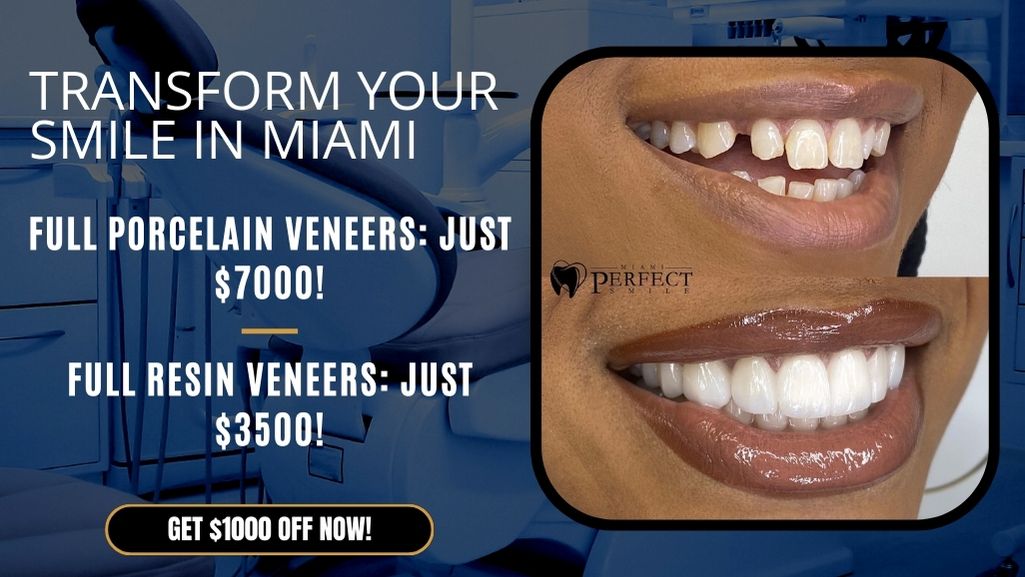
Payment Options for Veneers in Kentucky
There are several payment options available for veneers in Kentucky, including:
| Payment Option | Description |
|---|---|
| Dental insurance | Some dental insurance plans may cover part of the cost of veneers. Check with your dental insurance provider to determine your coverage. |
| Financing | Many dental practices in Kentucky offer financing options, such as payment plans, third-party financing options, or in-house financing plans. Monthly payments with interest or fees may be added to the cost of the procedure. |
| Credit cards | Paying for veneers with a credit card is an option, but keep in mind that credit cards may have high interest rates and fees. |
| Health savings account (HSA) or flexible spending account (FSA) | If you have an HSA or FSA through your employer, you may be able to use these funds to pay for the cost of veneers. These accounts allow you to set aside pre-tax dollars for qualified medical expenses. |
| Personal savings | If you have the means to do so, paying for veneers with personal savings is an option. This can help you avoid interest or fees associated with financing or credit cards. |
It’s important to discuss payment options with your dentist and consider your financial situation before proceeding with veneers.
Factors that Affect Veneer Cost in Kentucky
The cost of veneers in Kentucky can vary depending on several factors, including:
- Number of veneers: The more veneers you need, the higher the overall cost will be.
- Type of material: Veneers can be made from different materials, such as porcelain or composite resin, which can affect the cost. Porcelain veneers are typically more expensive than composite resin veneers.
- Dentist’s experience and location: The experience and location of the dentist can also impact the cost of veneers. Dentists with more experience or those located in urban areas may charge higher fees.
- Preparatory treatments: If additional dental treatments are required before placing veneers, such as a root canal or gum contouring, this can also add to the overall cost.
- Follow-up appointments: After the initial placement of veneers, follow-up appointments may be required to ensure proper fit and functionality. These appointments can also affect the overall cost.
It’s important to discuss all aspects of the procedure and associated costs with your dentist before proceeding with veneers. They can provide a personalized estimate based on your individual needs and provide guidance on available financing options.
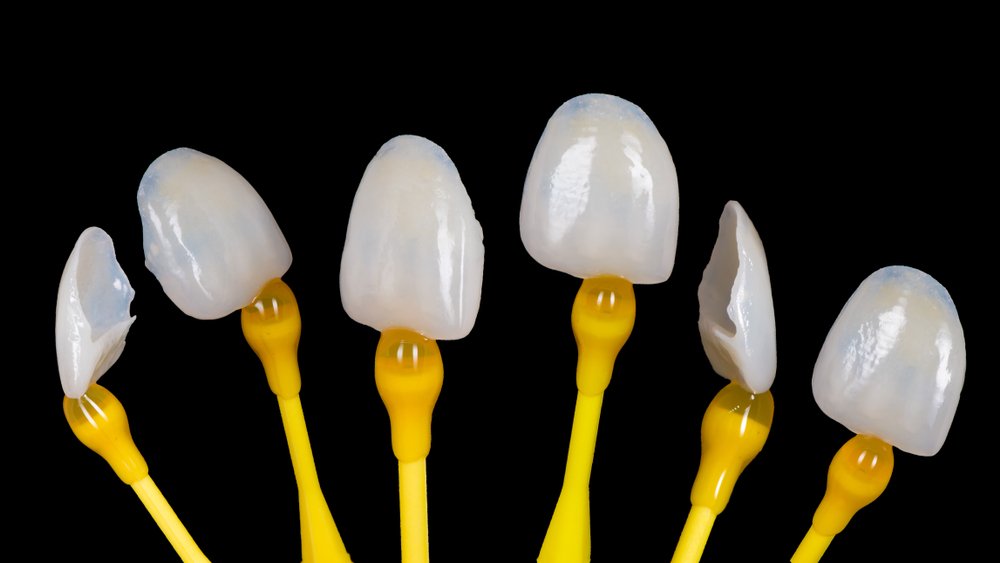
Veneer Procedure: What to Expect in Kentucky
The veneer procedure in Kentucky typically involves the following steps:
- Consultation: Your dentist will conduct a thorough examination and consultation to determine if you are a good candidate for veneers. They may also take X-rays, photographs, and impressions of your teeth to create a customized treatment plan.
- Preparation: Before placing the veneers, your dentist will prepare your teeth by removing a small amount of enamel from the front surface. This helps to ensure a proper fit and allows the veneers to bond securely to your teeth.
- Impressions: Once your teeth are prepared, your dentist will take impressions of your teeth to create a mold. This mold will be used to create your custom veneers.
- Temporary veneers: While your permanent veneers are being created, your dentist may place temporary veneers on your teeth to protect them and provide an idea of what the final result will look like.
- Bonding: Once your custom veneers are ready, your dentist will bond them to your teeth using a special dental adhesive. They will check the fit and appearance of the veneers before permanently bonding them in place.
- Final touches: After the veneers are in place, your dentist will make any final adjustments to ensure a proper fit and appearance. They may also polish the veneers to give them a natural, glossy finish.
The entire veneer procedure typically takes two to three appointments over a period of several weeks. It’s important to follow your dentist’s instructions for care and maintenance of your veneers to ensure their longevity and appearance. This may include recommendations for oral hygiene, dietary changes, and follow-up appointments.
How Many Veneers Do You Need?
The number of veneers needed varies from person to person and depends on the individual’s cosmetic goals and oral health needs. In general, veneers are often used to address specific cosmetic concerns on the front teeth, such as discoloration, chips, cracks, or gaps.
In some cases, only one or two veneers may be needed to achieve the desired results, while in other cases, a full set of veneers may be recommended for a more comprehensive smile makeover.
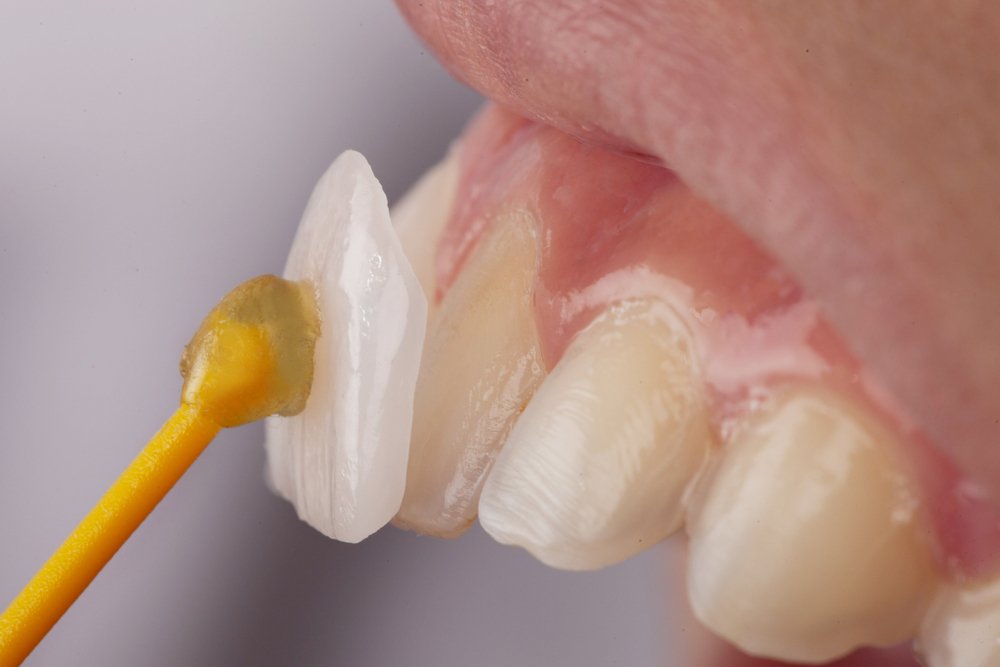
Your dentist will conduct a thorough examination and consultation to determine the number of veneers needed to address your specific cosmetic concerns and achieve the desired results. They will also take into consideration your oral health, the shape and size of your teeth, and your overall facial features to ensure a natural and aesthetically pleasing outcome.
It’s important to discuss your cosmetic goals and concerns with your dentist to determine the number of veneers that are right for you. They can provide a personalized treatment plan and guide you through the entire veneer process.
How to Care for Your Veneers in Kentucky
Caring for your veneers in Kentucky requires good oral hygiene habits and regular dental check-ups. Here are some tips for maintaining your veneers:
- Brush and floss regularly: Brush your teeth twice a day and floss daily to remove plaque and prevent tooth decay. Use a soft-bristled toothbrush and a fluoride toothpaste.
- Avoid hard or sticky foods: Hard or sticky foods can damage or dislodge your veneers. Try to avoid chewing on hard candies, ice, or other hard objects, and cut sticky foods into smaller pieces.
- Use a mouthguard: If you grind your teeth at night or play contact sports, consider using a mouthguard to protect your veneers from damage.
- Avoid staining foods and drinks: Certain foods and drinks, such as coffee, tea, and red wine, can stain your veneers over time. Limit your consumption of these items or rinse your mouth with water after consuming them.
- Don’t use your teeth as tools: Avoid using your teeth to open packages, rip tags off clothing, or perform other non-eating tasks. This can damage or dislodge your veneers.
- Attend regular dental check-ups: Visit your dentist regularly for check-ups and cleanings. Your dentist can monitor the condition of your veneers and make any necessary adjustments or repairs.
- Consider teeth whitening: If your natural teeth are discolored, consider teeth whitening to match the shade of your veneers.
Remember to follow your dentist’s instructions for care and maintenance of your veneers. With proper care, your veneers can last for many years and maintain their appearance.
When to Replace Veneers in Kentucky
Veneers typically last between 10 and 15 years, but their lifespan can vary depending on a variety of factors, including the quality of the veneers, the material used, and how well they are cared for. Here are some signs that it may be time to replace your veneers in Kentucky:
| Signs it may be time to replace veneers in Kentucky |
|---|
| Damage, such as chips or cracks |
| Noticeable staining or discoloration |
| Wear and tear, causing the veneers to become loose or fall off |
| Changes in bite or alignment |
| Gum recession, causing the edges of the veneers to become visible and appear discolored |
If you are experiencing any of these issues with your veneers, it’s important to consult with your dentist. They can evaluate the condition of your veneers and recommend the best course of action for your individual needs.
References:
- American Dental Association. Veneers [Internet]. MouthHealthy. Available from: https://www.mouthhealthy.org/en/az-topics/v/veneers. Accessed on July 18, 2022.
